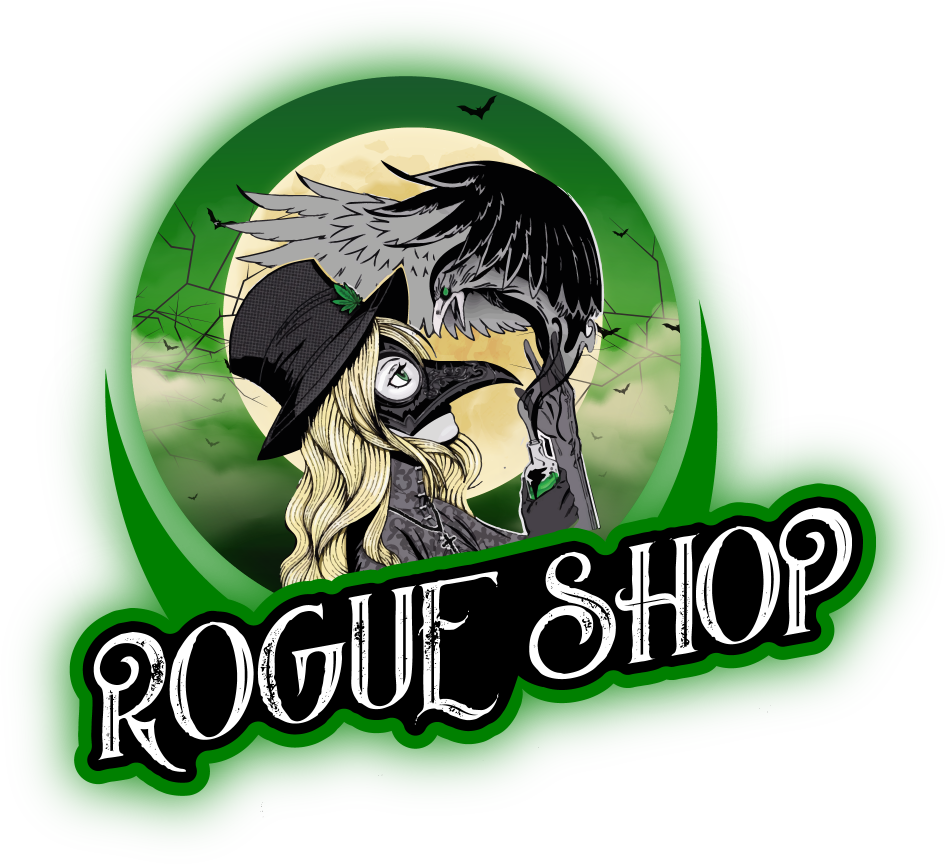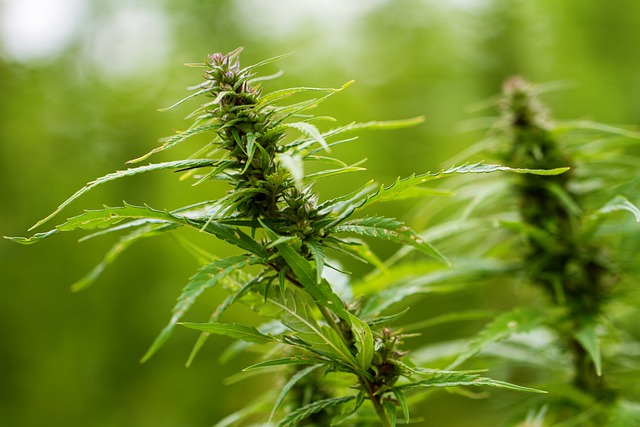Louisiana Allows Delta 8 THC to Be Used in Food Served at Restaurants
Louisiana has approached the delta 8 fad quite differently by going ahead and permitting delta 8 THC to be used in food products, along with all other hemp-derived cannabinoids, excluding delta 9. Since delta 8 THC first hit the market within the last 3 years, it’s enjoyed its fair share of controversy, being a psychoactive yet technically federally legal cannabinoid derived from the hemp plant. The Farm Bill of 2018 declared hemp legal in the United States, thus protecting individual derivatives that contain no more than 0.3% delta 9 THC. It can be assumed that lawmakers didn’t foresee the emergence of non-delta 9 psychoactives at the time, but at the end of the day, delta 8 THC perfectly complies with federal law.
Delta 8 is the result of oxidized delta 9 in the plant material, which naturally takes on new properties while it’s being converted. It’s about 70% as intoxicating as delta 9, offering more of a decent buzz than a full-blown psychoactive experience. Still, its psychoactive properties have made it banned in twelve states (there’s no guessing if more states will follow in the near future):
- Alaska
- Arizona
- Arkansas
- Colorado
- Delaware
- Idaho
- Iowa
- Mississippi
- Montana
- Rhode Island
- Vermont
- Utah
Meanwhile, Louisiana has approached the delta 8 fad quite differently. Just several weeks ago, lawmakers in the state went ahead and permitted delta 8 THC to be used in food products, along with all other hemp-derived cannabinoids, excluding delta 9. Edibles have been a more controversial hemp-based product since hemp was first legalized, mainly with the concern that it would appeal to minors. But, Louisiana is showing confidence that residents and business owners can responsibly maintain this very popular submarket.
Seeing such progressive hemp laws coming out of Louisiana is encouraging to those who have been watching delta 8 THC bans spreading in parts of the country. The state has recognized the value of delta 8 and other cannabinoids, which is why they’re choosing to make what they’re referring to as “consumable hemp” legal for all adult residents. This classification makes it easier for the state’s Department of Health to apply specific regulations to these types of products, mainly to keep the market safe and federally compliant.
CBD has been legal throughout Louisiana since 2018, and has been uncontroversial due to its non-intoxicating nature. Delta 8 THC edibles are understandably more of a concern to lawmakers, as they must be regulated in a way that keeps them out of the hands of children. Further, there’s always concern about consuming delta 8 edibles prior to driving, which can lead to danger on the road.
Now that Louisiana has permitted the sales of delta 8 edibles, these products can be sold both in stores and become available in restaurants. Companies that produce delta 8 simply must apply to the state’s DOH in order to obtain a license that allows them to produce and sell their edible products. This is the procedure that applies to all cannabis products throughout LA, and was first developed when medical marijuana became legal in the state back in 2019.
This new change in law comes shortly after the state also began to finally permit medical marijuana patients to purchase “flower,” or raw marijuana buds for smoking. It’s clear that Louisiana recognizes the value of cannabis for its many benefits, and is aiming to make it more accessible to its residents.
Regulating Rather Than Banning: How Louisiana is Setting an Example
Louisiana will be putting resources into regulating the delta 8 edibles trade, by tasking the DOH with overseeing all operations pertaining to this submarket. This way, consumable delta 8 THC will be held to strict safety and manufacturing standards, to ensure that delta 8 edibles sold on the market are all made with a certain level of quality and care. This sets an example for other states that seem to be completely lost when it comes to this new cannabinoid. States that have banned delta 8 claim to be concerned over its safety and potential appeal to minors. However, by simply devoting a state department to regulating the delta 8 industry, safety concerns can largely be avoided. These same concerns emerged when medical marijuana was first introduced, and states’ health departments have been able to regulate medical marijuana just fine through the use of state-sponsored “medical card” systems and strictly regulated dispensaries.
Therefore, there are well-established ways to keep the delta-8 market safe and responsible that are simply being ignored.
Perhaps part of the problem is the failure of lawmakers to actually learn about delta 8 THC. Besides the fact that it’s not nearly as intoxicating as delta 9, it has been shown in studies to offer clear benefits pertaining to anxiety, pain, nausea and other chronic conditions. In short, its notable medicinal value means that lawmakers should be more willing to keep it legal.
The Future of the Delta 8 Industry in Louisiana and the United States
Delta 8 THC is a growing industry throughout the country in spite of the fact that it has been banned in 12 states to date. Louisiana’s embracing of the cannabinoid shows that delta 8 products can be regulated in order to be accessible to adults throughout the country. We hope that more states follow in Louisiana’s footsteps, choosing to work with the delta 8 industry rather than working against it.


